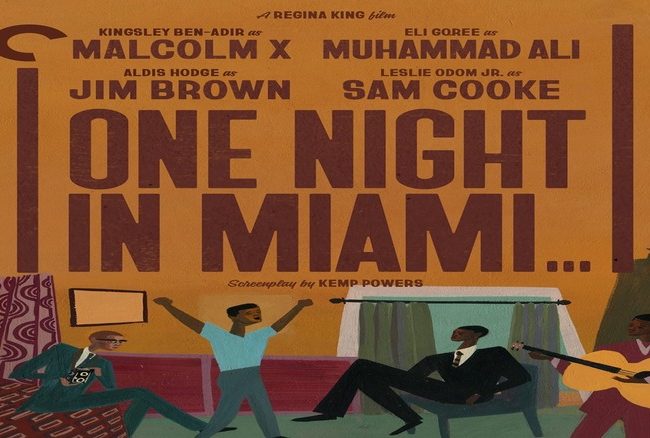BEST THAT NEVER WAS, THE

(The Best That Never Was premieres on ESPN on Tuesday, November 9, 2010, at 8pm. Visit the film’s page at the 30 For 30 website to learn more.)
Considering the recent string of 30 For 30 documentaries, I was understandably worried to learn that Jonathan Hock’s entry, The Best That Never Was, was of the feature-length variety. Could the story of Marcus Dupree, a boundlessly talented running back who never reached his true potential, sustain itself for 100 minutes? Thanks to Dupree, the answer is a resounding yes. In looking back on the events that led to his disappointingly unfulfilled career, Dupree reveals himself to be a quiet, humble hero filled with humility and grace. Aspiring athletes—especially those of you with the biggest of heads—should be forced to watch The Best That Never Was immediately.
For those viewers who don’t remember the Marcus Dupree phenomenon, which didn’t officially sweep the nation until Dupree burst onto the scene as an overnight sensation at the University of Oklahoma in 1982, Hock digs into the vaults to present a highlight reel of Dupree’s high school exploits in late 1970s that is truly astonishing. As one interviewee recalls watching an underclass Dupree playing on the varsity squad, it was like Jim Brown had stepped onto the field of a high school game. Not only was Dupree an intimidating physical specimen at 6’2” and over 200 pounds of sheer muscle and brute force, but he was fast (he could run the 100 in 9.5 seconds). It was a combination that no one had ever seen up to that point, and hasn’t since.
Dupree was born and raised in Philadelphia, Mississippi, home of one of the worst acts of violence during the Civil Rights movement. And while the emergence of Dupree didn’t single-handedly solve the problem, the community nonetheless united in the stands every Friday night to watch their golden child score touchdown after touchdown. Unfortunately, this level of admiration helped to create an atmosphere of expectation that would contribute to Dupree’s troubles when it came time to pick a college. After a heated battle between Texas, Oklahoma, and Southern Mississippi, Dupree settled on Oklahoma (thanks to a weekend spent with Heisman Trophy winner Billy Sims), where he immediately displayed his extraordinary talent but couldn’t ever seem to please his coach Barry Switzer. This led to the first dramatic decision that would forever alter Dupree’s future.
Watching The Best That Never Was, it’s hard to believe Dupree wasn’t cursed by some higher power, since his misfortune represented itself in so many different forms: poor guidance, twisted rules and regulations, debilitating injuries, etc. That simmering hunch is what makes this film so quietly crushing, for as we get to spend time with Dupree today, who pays the bills by driving trucks, it’s impossible not to admire him. A much lesser individual would spend those silent highway hours bemoaning his fate, making bitter lists of the ways in which he was manipulated, but Marcus Dupree won’t stoop to that level. He accepts his fate and has no regrets; he’s thankful for the life that he has. Marcus Dupree is an American everyman who has nothing to show for his exploits except some bittersweet memories, a roomful of trophies, and the most amazing highlight reel you’ve ever seen.
— Michael Tully












Pingback: HOME VIDEO PICKS – Hammer to Nail